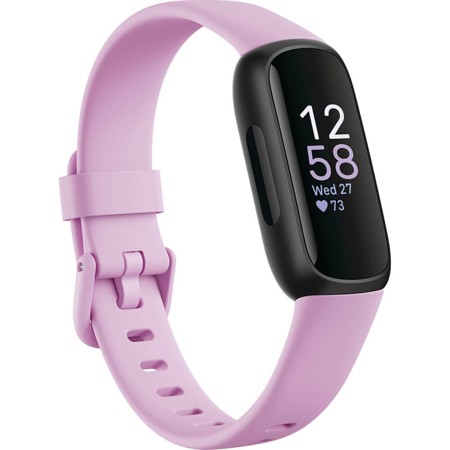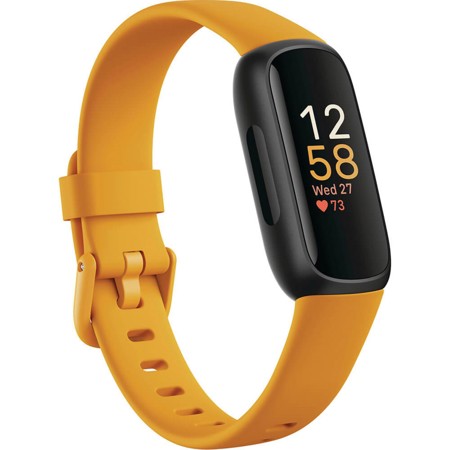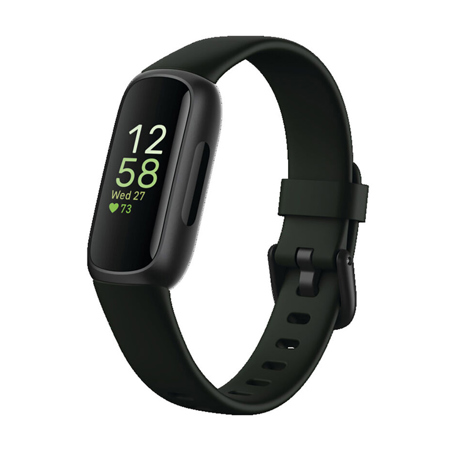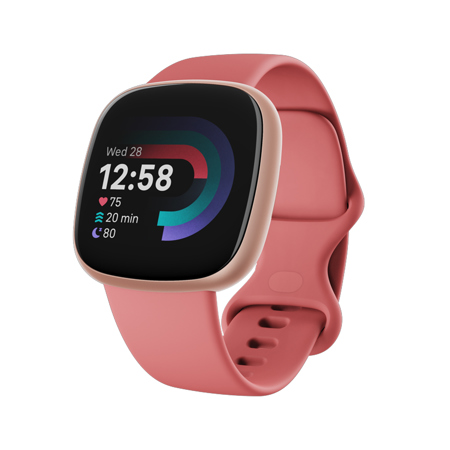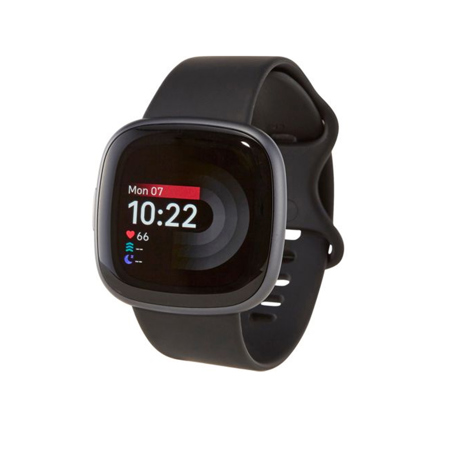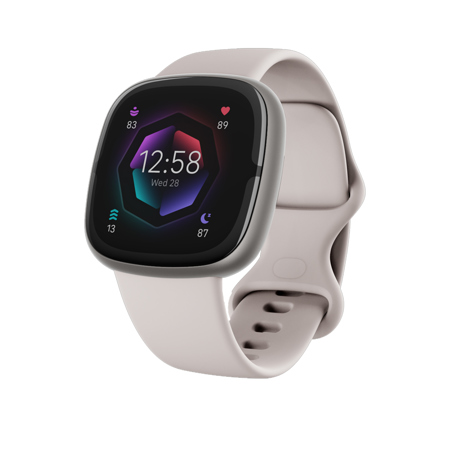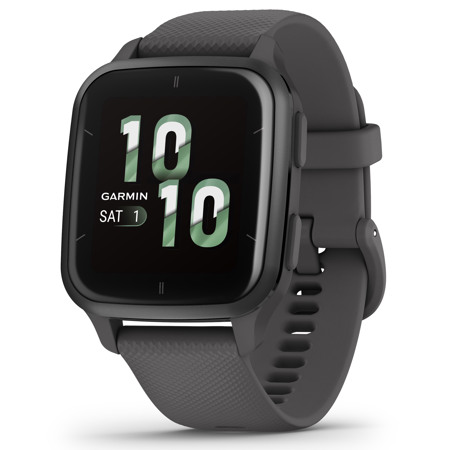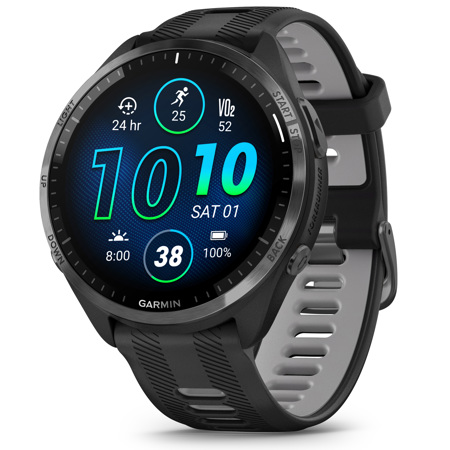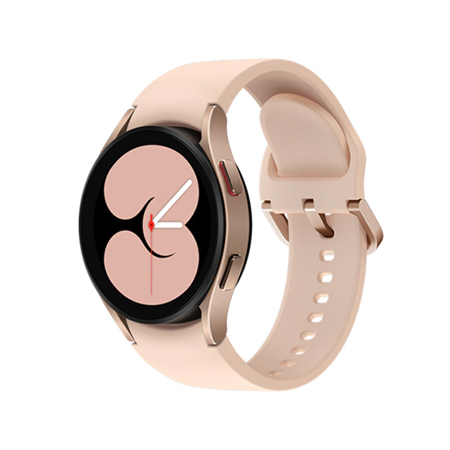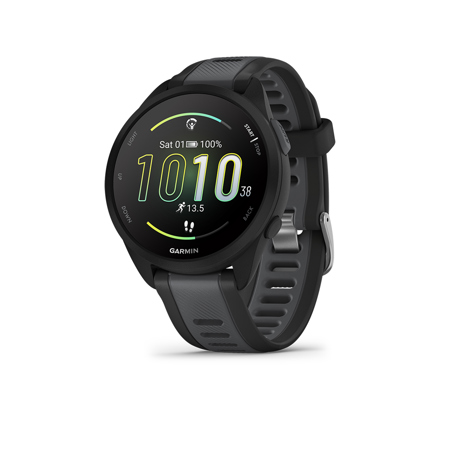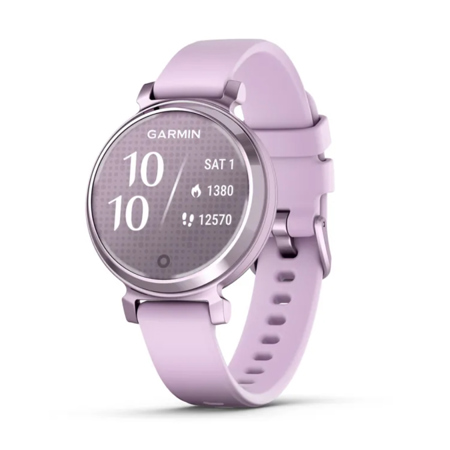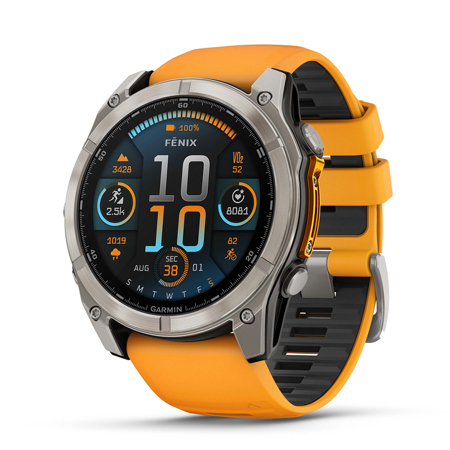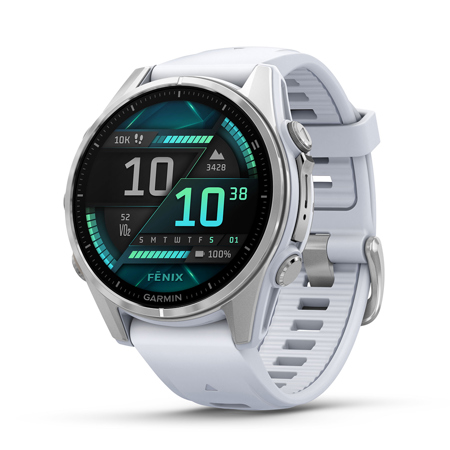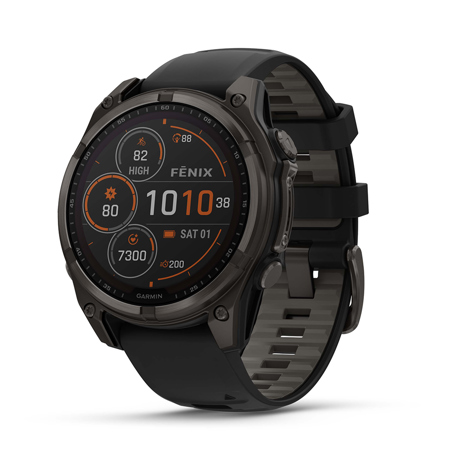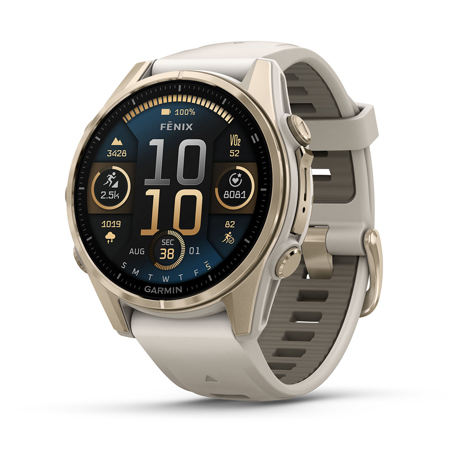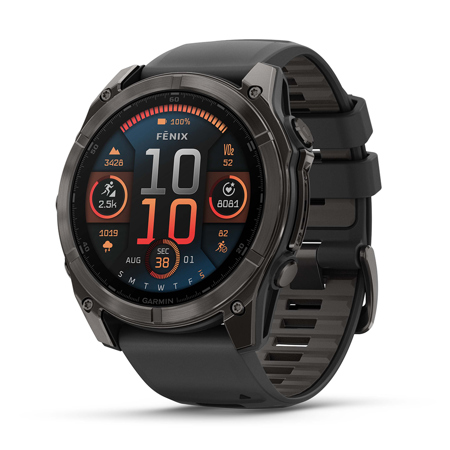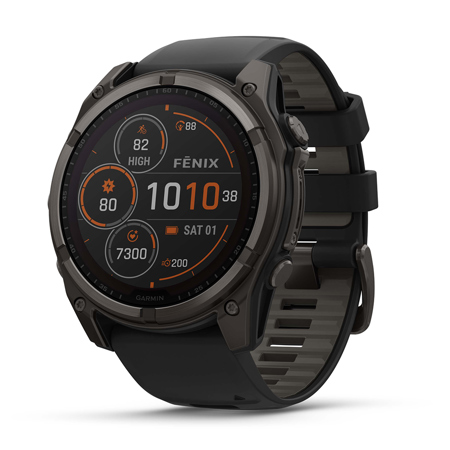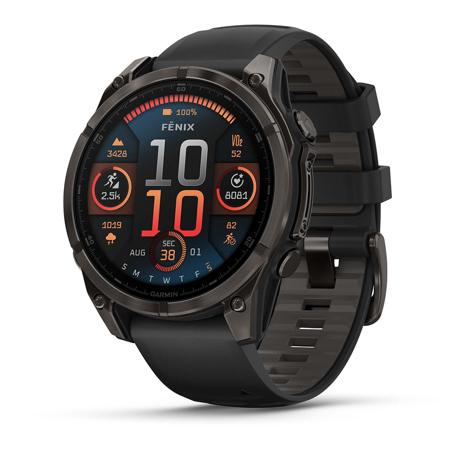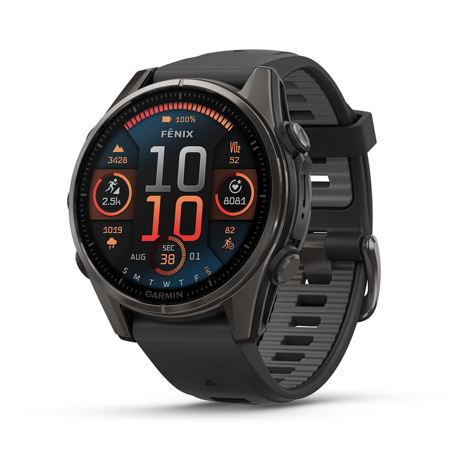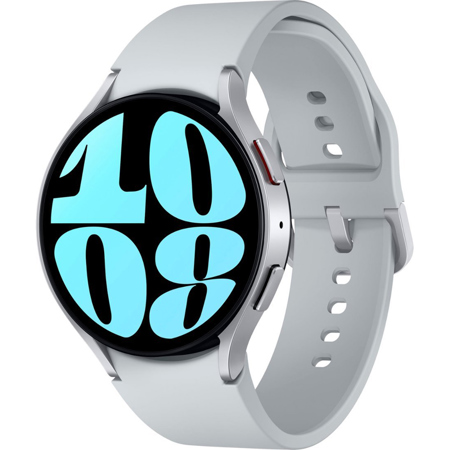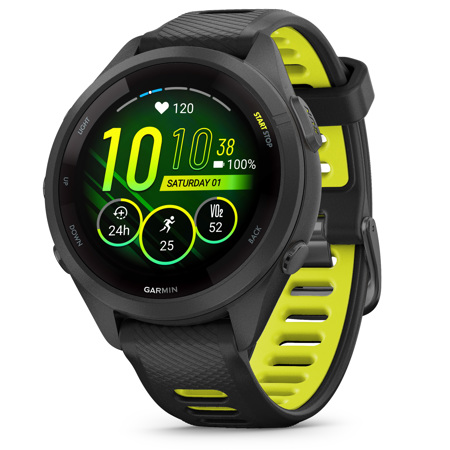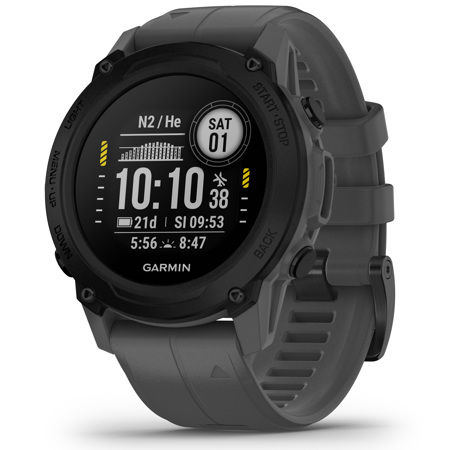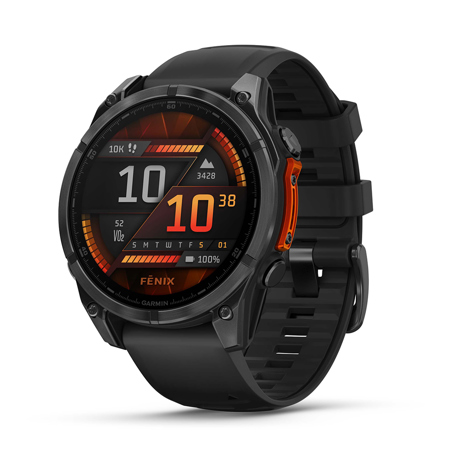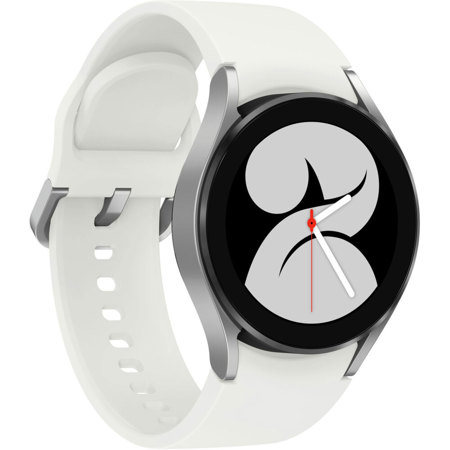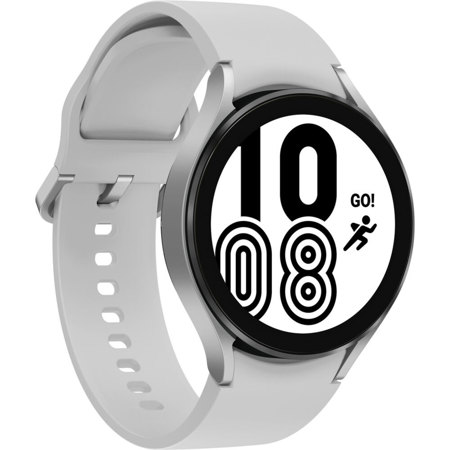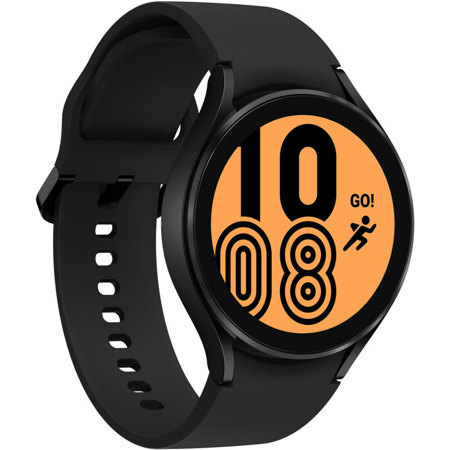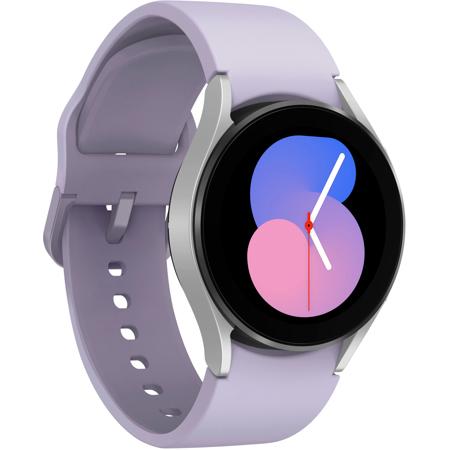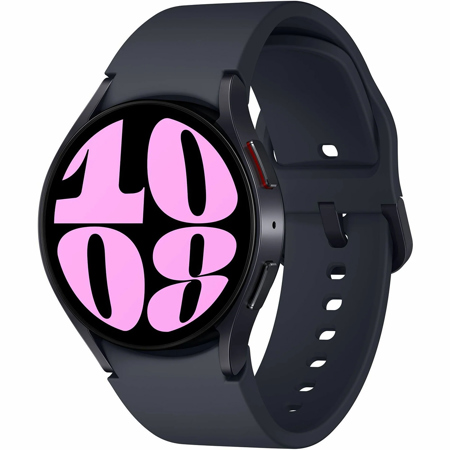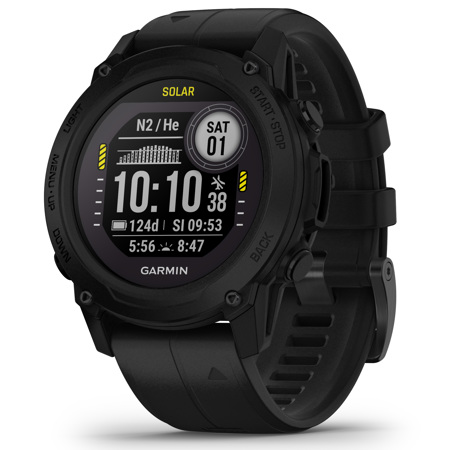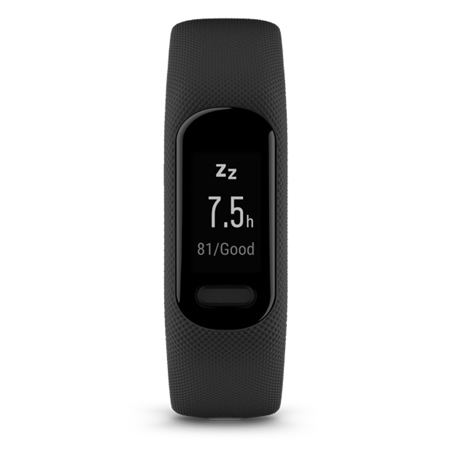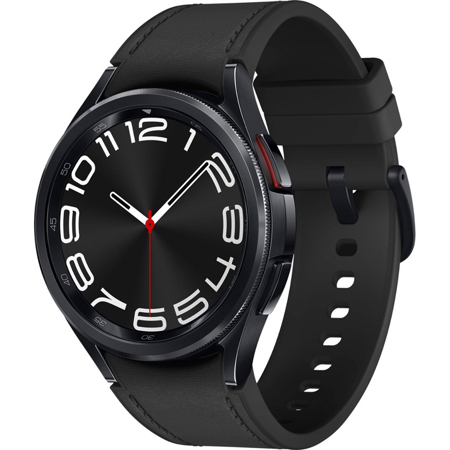Sleep Tracking Devices
Understanding your sleep patterns can be a transformative step toward better health, more energy, and improved focus throughout the day. Sleep tracking devices have evolved far beyond simple step counters or alarm clocks, offering a window into the intricate world of nightly rest. Whether you’re a devoted athlete looking to optimize recovery, a busy professional seeking more restorative sleep, or someone simply curious about your sleep quality, there’s a device designed to suit your lifestyle. Today’s options range from sleek wearables—like rings, wristbands, and watches—to discreet non-wearable solutions such as under-mattress sensors and smart sleep masks. These devices use advanced sensors to monitor heart rate, movement, blood oxygen levels, and even ambient noise, providing detailed insights into your sleep stages, restlessness, and breathing patterns. For many, the appeal lies in the ability to view personalized data each morning, revealing trends that can help identify the factors influencing good or poor sleep. In the chill of February, when nights are long and routines may feel sluggish, tracking your sleep can highlight the subtle shifts needed to feel more refreshed, whether that means adjusting your bedtime or fine-tuning your environment.
Selecting the right sleep tracking device involves considering your comfort preferences, desired features, and the level of detail you want in your sleep analysis. Some prefer the unobtrusive feel of a ring or slim band, while others value the all-in-one approach of a smartwatch that can also track fitness, notifications, and more. For those who dislike wearing anything to bed, under-mattress pads or smart covers offer a hands-off experience, quietly gathering data without disrupting your nightly routine. Advanced models may even monitor snoring, breathing irregularities, or temperature, providing a holistic view of your rest. This makes sleep tracking devices a thoughtful and practical gift for anyone—students navigating demanding schedules, parents juggling family life, or older adults interested in monitoring their health. As you explore the possibilities, it’s helpful to think about what you hope to learn or improve: Are you aiming to address daytime fatigue, track recovery from workouts, or simply satisfy your curiosity about sleep cycles? Many users find that seeing their sleep data motivates small but impactful changes, like winding down earlier or creating a more relaxing bedtime ritual.
For those concerned about specific sleep conditions, such as sleep apnea, technology now offers targeted solutions. Devices equipped with advanced sensors can detect irregular breathing or drops in blood oxygen, alerting users to potential issues that may warrant further medical attention. If you’re interested in exploring these specialized features, our curated selection of Smartwatches With Sleep Apnea Detection provides options designed to offer peace of mind alongside comprehensive sleep tracking. As sleep science continues to advance, these devices are becoming more accurate and accessible, empowering individuals to take charge of their sleep health in ways that fit seamlessly into daily life. Whether you’re gifting a loved one or investing in your own well-being, a sleep tracking device is more than just a gadget—it’s a companion on your journey to better nights and brighter days.
Selecting the right sleep tracking device involves considering your comfort preferences, desired features, and the level of detail you want in your sleep analysis. Some prefer the unobtrusive feel of a ring or slim band, while others value the all-in-one approach of a smartwatch that can also track fitness, notifications, and more. For those who dislike wearing anything to bed, under-mattress pads or smart covers offer a hands-off experience, quietly gathering data without disrupting your nightly routine. Advanced models may even monitor snoring, breathing irregularities, or temperature, providing a holistic view of your rest. This makes sleep tracking devices a thoughtful and practical gift for anyone—students navigating demanding schedules, parents juggling family life, or older adults interested in monitoring their health. As you explore the possibilities, it’s helpful to think about what you hope to learn or improve: Are you aiming to address daytime fatigue, track recovery from workouts, or simply satisfy your curiosity about sleep cycles? Many users find that seeing their sleep data motivates small but impactful changes, like winding down earlier or creating a more relaxing bedtime ritual.
For those concerned about specific sleep conditions, such as sleep apnea, technology now offers targeted solutions. Devices equipped with advanced sensors can detect irregular breathing or drops in blood oxygen, alerting users to potential issues that may warrant further medical attention. If you’re interested in exploring these specialized features, our curated selection of Smartwatches With Sleep Apnea Detection provides options designed to offer peace of mind alongside comprehensive sleep tracking. As sleep science continues to advance, these devices are becoming more accurate and accessible, empowering individuals to take charge of their sleep health in ways that fit seamlessly into daily life. Whether you’re gifting a loved one or investing in your own well-being, a sleep tracking device is more than just a gadget—it’s a companion on your journey to better nights and brighter days.
